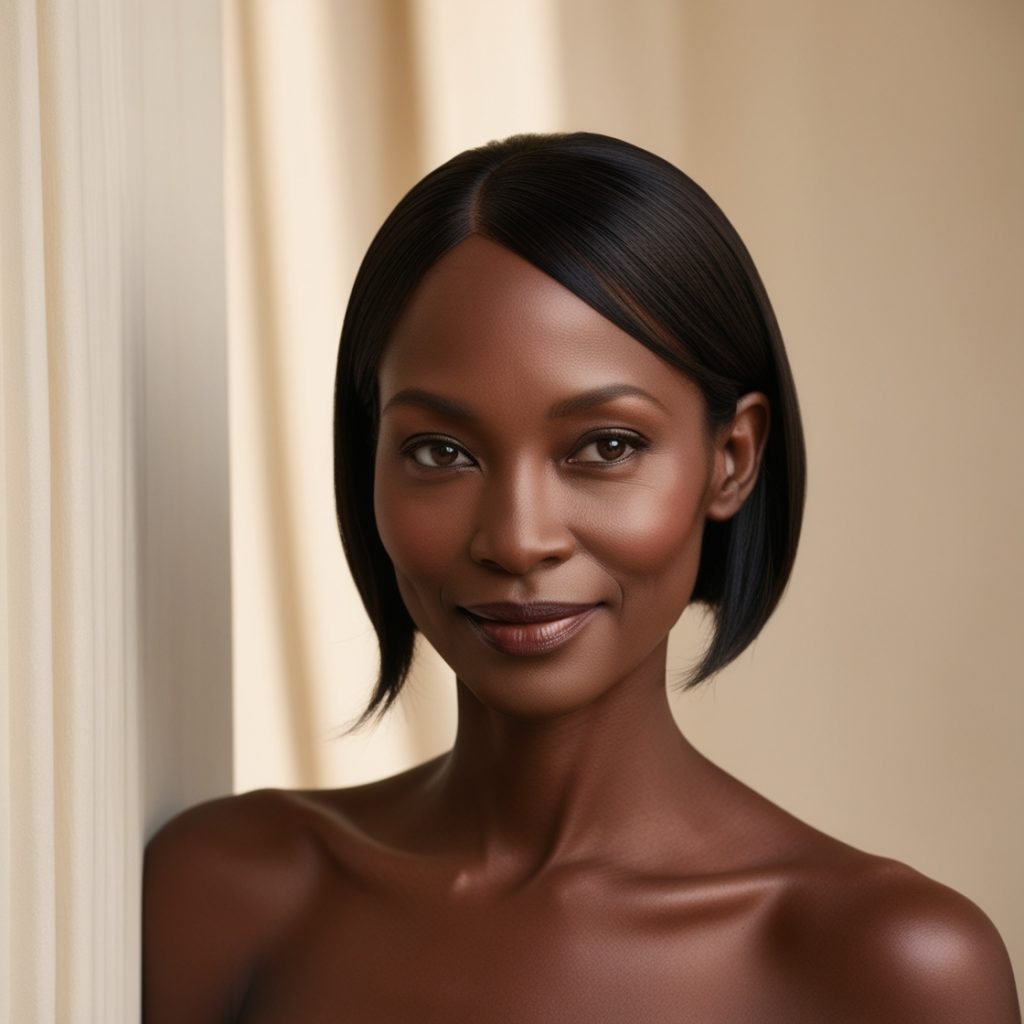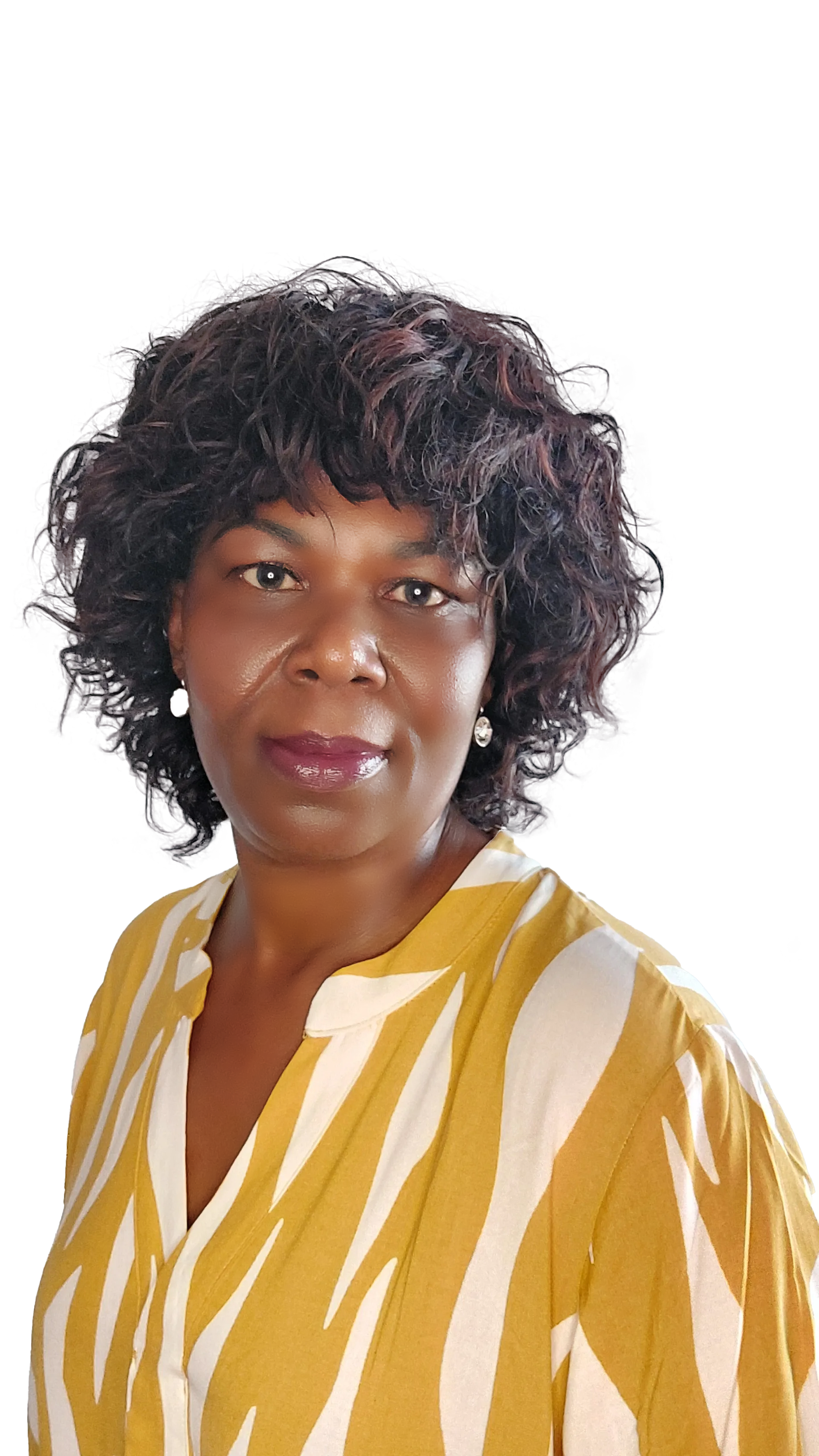
Remember that summer when the air was thick with smog, and you couldn’t breathe without feeling a heavy weight on your chest? Well, that same pollution isn’t just affecting your lungs; it’s also taking a toll on your hair.
Air pollution isn’t just about foggy skies and bad smells. It’s a complex mixture of tiny particles, gases, and toxins, like sulfur dioxide, nitrogen dioxide, and particulate matter (PM). These pollutants can settle on our hair and scalp throughout the day. Think of them as uninvited guests at a party who decide to stick around and cause chaos.
As a Black woman, your hair is more than just strands; it’s a crown. But what happens when this crown is under attack from invisible enemies lurking in the air.
How Air Pollution Damages Your Hair
Air pollution is a silent killer, slowly suffocating your hair follicles. Here’s how it works
Air pollution doesn’t just sit on your scalp like a hat you forgot to take off. It gets into the pores, mixes with the natural oils and sweat, and can cause a buildup that clogs hair follicles. This makes it difficult for the hair to grow properly. Moreover, pollutants like heavy metals and toxins can penetrate the scalp’s barrier, causing inflammation and disrupting the natural hair growth cycle.
Let’s break it down further:
Clogged Pores: Pollutants can clog your scalp’s pores, preventing your hair follicles from receiving the nutrients they need to grow healthy.
Inflammation and Irritation: Pollutants irritate the scalp, leading to redness, itching, and inflammation. Over time, chronic inflammation can damage hair follicles, impairing their ability to produce healthy hair.
Oxidative Stress: Free radicals from pollutants cause oxidative stress, which damages cells and DNA. For hair, this means the weakening of hair fibers and potential hair loss.
Hormonal Disruption: Some pollutants, like endocrine disruptors, can mess with hormone levels. Hormones play a critical role in hair growth, and any imbalance can lead to hair thinning or loss.
The Impact on Black Women
Black women’s hair is often more prone to breakage and dryness due to its natural texture. When combined with the damaging effects of air pollution, this can lead to even more severe hair loss and scalp problems.
Why Black Women Should Be Extra Vigilant
Black hair is delicate and susceptible to damage. Textured hair, such as Type 4 hair, tends to be drier due to its coily structure, which makes it more prone to breakage and scalp issues. Add air pollution to the mix, and you’ve got a recipe for potential scalp irritation and hair thinning.
A friend of mine, let’s call her Isadora, has always been meticulous about her hair care routine. Yet, she started noticing her scalp was feeling itchier than usual, and her hair seemed to be thinning around her edges a problem she never had before. After consulting with her dermatologist, Isadora was surprised to learn that the culprit was air pollution! She lives in a busy urban area, and the pollution levels were higher than ever.
Taking Action: Protecting Your Crown

While you can’t control the air quality outside, you can take steps to protect your hair from its harmful effects:
- Minimize Exposure: When air quality is poor, try to stay indoors or wear a hat or scarf to protect your hair. Invest in a stylish hat or head wrap. Not only do they add a touch of flair to your outfit, but they also provide a physical barrier against pollutants.
- Scalp Detox Routine: Incorporate a scalp detox into your hair care routine once a week. Products containing ingredients like charcoal, tea tree oil, and apple cider vinegar can help draw out impurities from the scalp.
- Hydration is Key: Keeping your hair and scalp hydrated can help maintain its natural barrier against environmental stressors. Use moisturizing shampoos and conditioners that cater specifically to Black hair.
- Avoid Heavy Styling Products: Air pollution can already clog your pores, and using heavy styling products can exacerbate the issue. Opt for lightweight products that won’t weigh down your hair or scalp.
- Regular Hair Washing: I know, I know—nobody wants to strip their hair of its natural oils. But washing your hair regularly with a gentle, sulfate-free shampoo can help remove pollutants before they do serious damage.
- Use Protective Products: Opt for hair products that contain antioxidants and ingredients that help shield your hair from environmental damage.
- Eat a Healthy Diet: A balanced diet rich in nutrients can help strengthen your hair and improve its resilience.
- Reduce Heat Styling: Excessive heat styling can weaken your hair, making it more susceptible to damage.
Scientific Proof: Pollution and Hair Health
In a study conducted by The Journal of Dermatological Science, researchers found that exposure to common air pollutants, like particulate matter (PM10), led to a significant decrease in levels of a crucial protein responsible for hair growth. This means that the more exposure you have to polluted air, the more you might be at risk for hair thinning and loss.
The American Academy of Dermatology also states that pollution exposure can lead to premature aging of the scalp, which in turn can affect the hair growth cycle. So, while you might be diligently using anti-aging creams on your face, don’t forget about your scalp it needs love too!
A study published in the International Journal of Trichology found that exposure to high levels of air pollution, especially particulate matter, can cause oxidative stress on the scalp. This oxidative stress damages the hair follicles, weakening them over time and making them more prone to breakage and, ultimately, hair loss. Not the kind of guest you want lingering around, right?
Conclusion
To wrap things up, air pollution isn’t just a threat to our lungs; it’s a silent enemy to our scalp health and a potential cause of hair loss. For Black women, this means being extra vigilant due to the unique texture and needs of our hair. From inflammation to oxidative stress, the pollutants in the air can significantly impact scalp health, leading to thinning hair or even permanent loss if not addressed. By understanding the risks and taking proactive steps to protect your scalp and hair, you can help ensure that your crown remains strong and beautiful.
Remember, your scalp is skin too, and it needs just as much attention as the rest of your body. Start treating your scalp like the queen it is, and protect it from those unseen pollutants trying to bring it down


